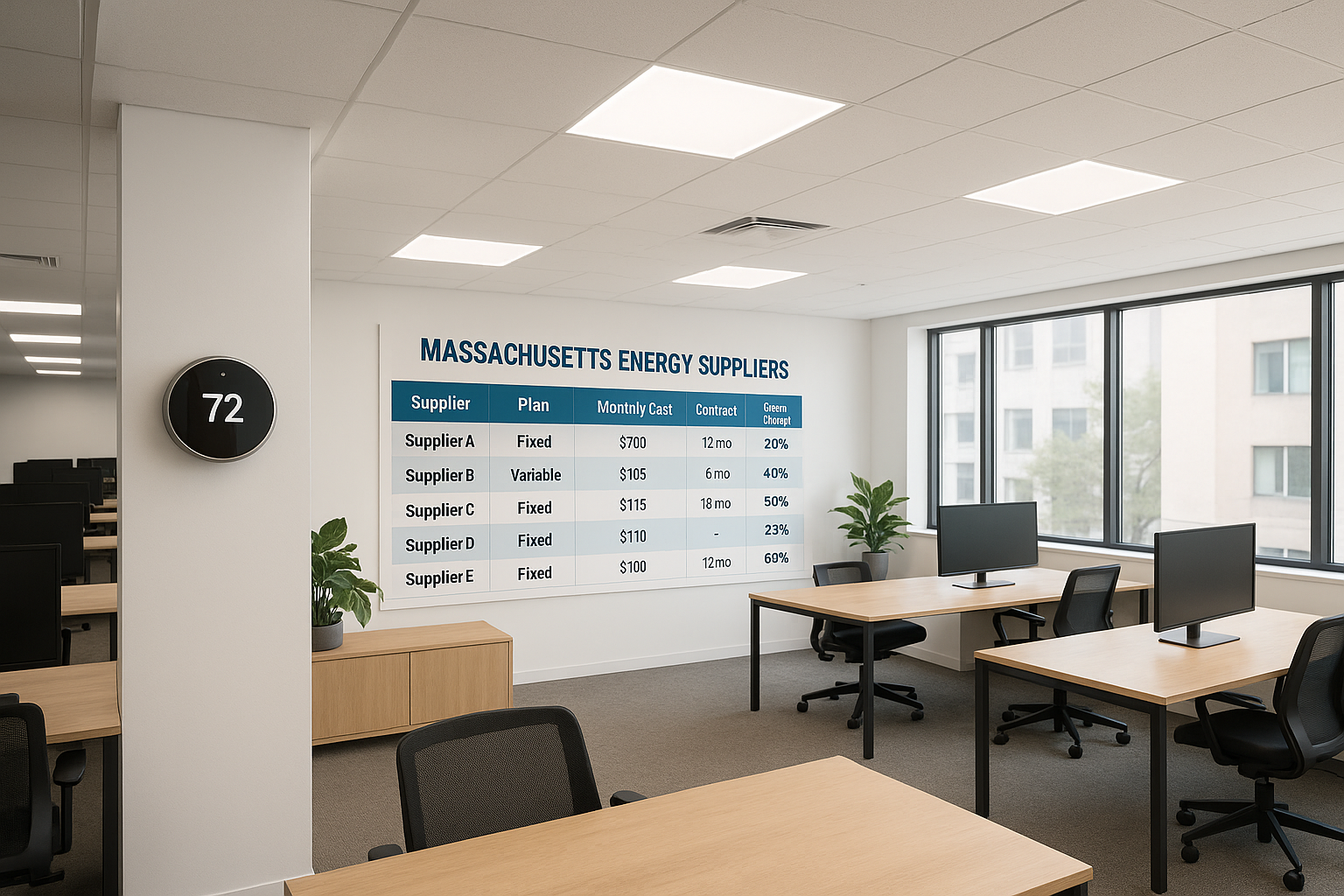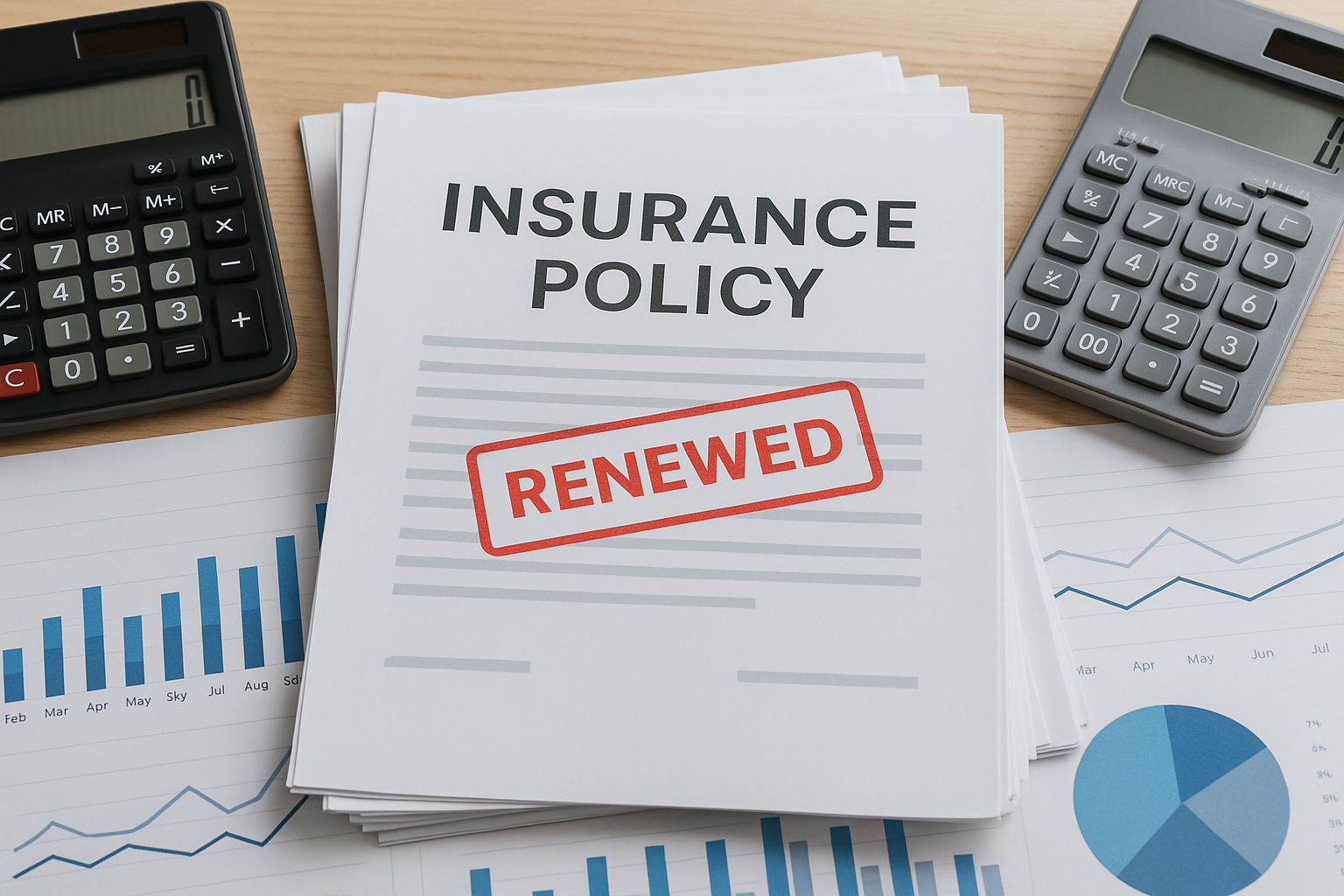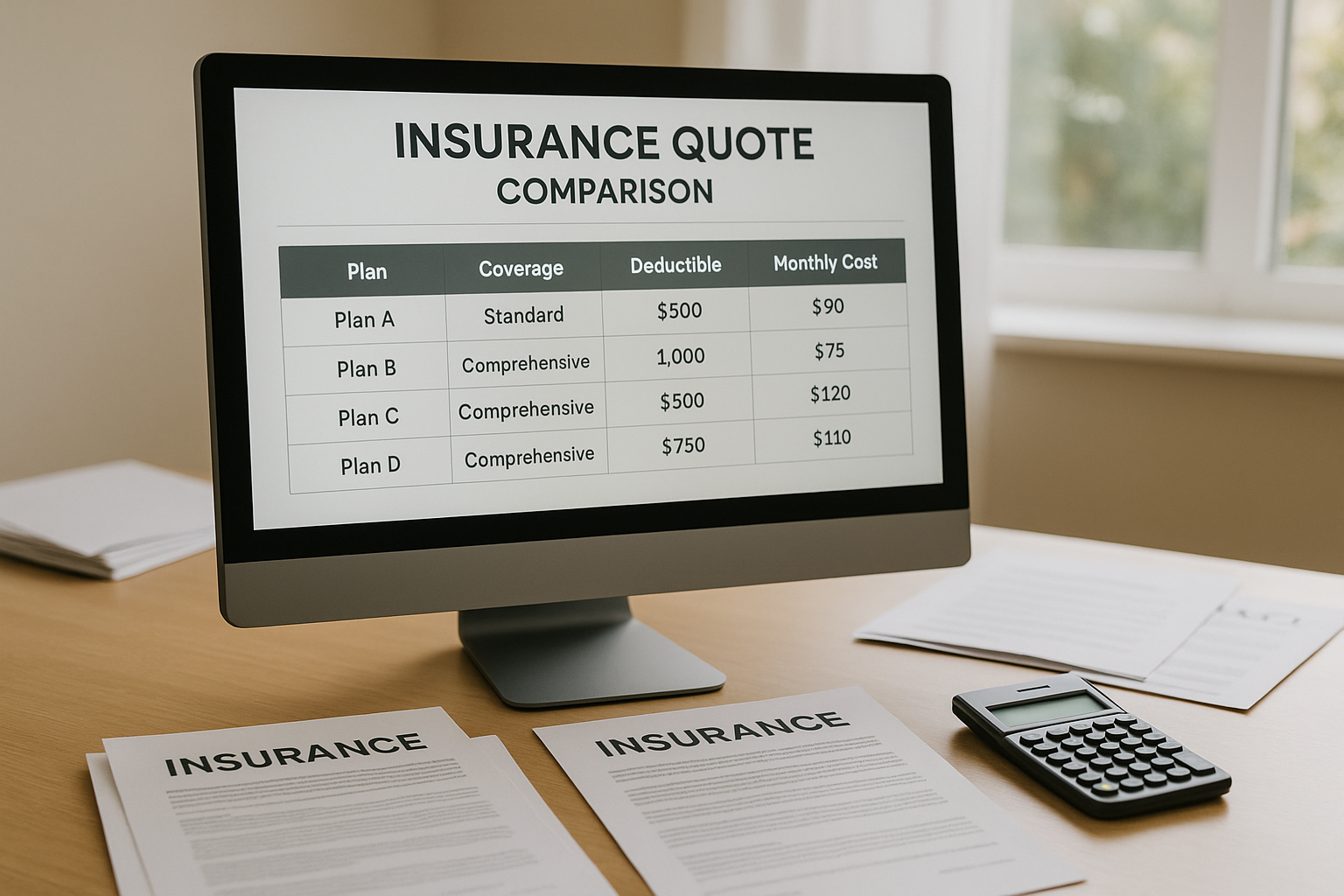Master Real Estate Cash Flow Analysis Effortlessly Get Rich
If you're eager to unlock the secrets of real estate cash flow analysis and position yourself for financial success, now is the perfect time to browse options, search options, and see these options that can elevate your investment strategy.
Understanding Real Estate Cash Flow Analysis
Real estate cash flow analysis is a critical skill that can transform your investment portfolio by enabling you to assess the profitability of rental properties. By mastering this analysis, you can make informed decisions that maximize your returns. At its core, cash flow analysis involves calculating the net income generated by a property after deducting all operating expenses, which helps you determine the property's potential to generate consistent income.
Key Components of Cash Flow Analysis
Successful cash flow analysis involves understanding several key components:
1. **Gross Rental Income**: This is the total income you expect to receive from tenants. It's essential to factor in market trends and vacancy rates to ensure your estimates are realistic.
2. **Operating Expenses**: These include property management fees, maintenance costs, taxes, insurance, and utilities. Accurately estimating these costs is crucial to understanding your net income.
3. **Net Operating Income (NOI)**: Subtract operating expenses from gross rental income to calculate NOI. This figure provides a clear view of the property's profitability.
4. **Cash Flow**: Finally, subtract any debt service (mortgage payments) from the NOI to determine your cash flow. Positive cash flow indicates a profitable investment, while negative cash flow may signal a need for reevaluation.
Benefits of Mastering Cash Flow Analysis
By mastering real estate cash flow analysis, you gain several benefits:
- **Informed Investment Decisions**: You'll be able to identify which properties are worth pursuing and which ones to avoid, reducing your risk of financial loss.
- **Increased Profitability**: Understanding cash flow allows you to optimize your property management strategies, increasing your overall profitability.
- **Strategic Planning**: With a clear view of your cash flow, you can plan for future investments and growth, ensuring a steady income stream.
Real-World Application and Opportunities
Consider a scenario where you invest in a rental property with a monthly gross rental income of $2,500. After accounting for $1,000 in operating expenses and a $900 mortgage payment, you're left with a monthly cash flow of $600. This positive cash flow not only covers unforeseen expenses but also contributes to your wealth accumulation over time.
To further enhance your understanding and application of cash flow analysis, numerous online platforms and resources are available. You can visit websites offering real estate investment courses or tools that automate cash flow calculations, streamlining your decision-making process.
Exploring Further Resources
For those looking to deepen their expertise, consider exploring specialized services that offer detailed market analyses, property management solutions, and investment strategies tailored to your needs. These resources can provide insights into emerging markets and unique investment opportunities, helping you stay ahead of the competition.
Mastering real estate cash flow analysis is a powerful step toward achieving financial independence through property investment. By leveraging the right tools and resources, you can make strategic decisions that enhance your investment portfolio and secure your financial future. As you explore these opportunities, remember to visit websites and browse options that align with your investment goals.
References
- Investopedia: Cash Flow in Real Estate
- Forbes: Understanding Real Estate Cash Flow
- Property Metrics: Real Estate Cash Flow Analysis
- BiggerPockets: Guide to Cash Flow Analysis








